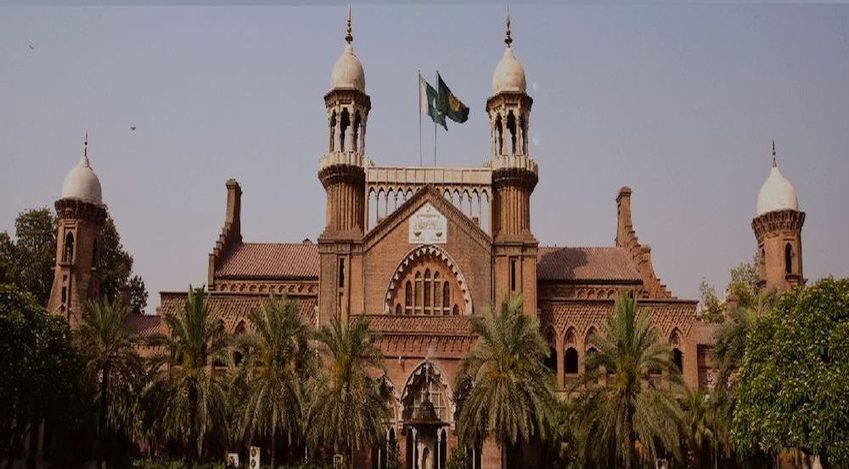The Statement of a Key Witness was recorded nearly Five Months after the incident, reducing its Evidentiary Value which resulted in Acquittal --- Lahore High Court, Lahore
Islamabad 13-01-2025: In a landmark judgment on [Criminal Appeal No. 10-J of 2021], the Lahore High Court set aside the conviction of Nadia alias Nadu Mai, who had been sentenced to life imprisonment by a trial Court for the alleged murder of her sister-in-law, Kalsoom Mai. Mr. Justice Sadiq Mahmud Khurram, presiding over the case, acquitted the Appellant citing critical procedural flaws, unreliable evidence, and the prosecution’s failure to prove guilt beyond a reasonable doubt.
The Appellant, Nadia Mai, was accused of strangling Kalsoom Mai following a domestic dispute over a damaged utensil. She was convicted under Section 302(b) of the Pakistan Penal Code (PPC) and ordered to pay compensation to the deceased’s legal heirs under Section 544-A of the Code of Criminal Procedure (Cr.P.C.). Dissatisfied with the conviction, she filed an appeal challenging the verdict.
The Court observed that the statement of a key witness, PW-12, was recorded nearly five months after the incident, reducing its evidentiary value. The Court cited Abdul Khaliq Vs. The State (1996 SCMR 1553) and other precedents to highlight the importance of timely statements.
Prosecution witnesses PW-4 and PW-5 failed to justify their presence at the crime scene. The Court ruled their testimonies as unreliable, referring to Muhammad Rafiq Vs. State (2014 SCMR 1698).
The autopsy report revealed no external injuries or marks on the deceased’s neck, contradicting the prosecution’s claim of manual strangulation. The Court emphasized the inconsistency, citing Muhammad Imran Vs. The State (2020 SCMR 857).
Co-accused Ghulam Rasool and Mst. Shamo Mai had already been acquitted under Section 265-K Cr.P.C., with no appeals filed against their acquittals. The Court questioned why identical evidence used for the co-accused was selectively applied to convict the appellant.
The alleged motive, a quarrel over a damaged utensil, was unsubstantiated. Investigators failed to recover or present the purported evidence, weakening the prosecution’s case.
The Court ruled that abscondence alone could not remedy the defects in the prosecution’s evidence. It cited Muhammad Khan Vs. State (1999 SCMR 1220) to underline that abscondence is merely a suspicious circumstance, not conclusive proof of guilt.
Emphasizing the principle that even a single doubt in the prosecution’s case entitles the accused to acquittal, the Court cited Muhammad Mansha Vs. The State (2018 SCMR 772).
The Court criticized the prosecution for its failure to establish the Appellant’s presence at the crime scene through credible evidence. Mr. Justice Sadiq Mahmud Khurram remarked, “The prosecution’s case is riddled with contradictions, raising serious doubts about its authenticity. Conviction cannot rest on mere speculation or unreliable evidence.”
The Lahore High Court allowed the appeal, acquitted Nadia Mai, and ordered her immediate release. The judgment serves as a reminder of the importance of adhering to legal standards in criminal trials and the principle that “it is better to let ten guilty individuals go free than to convict one innocent person.”
This acquittal reaffirms the judiciary’s commitment to upholding Justice and ensuring that no individual is convicted without incontrovertible evidence.
Powered by Froala Editor








